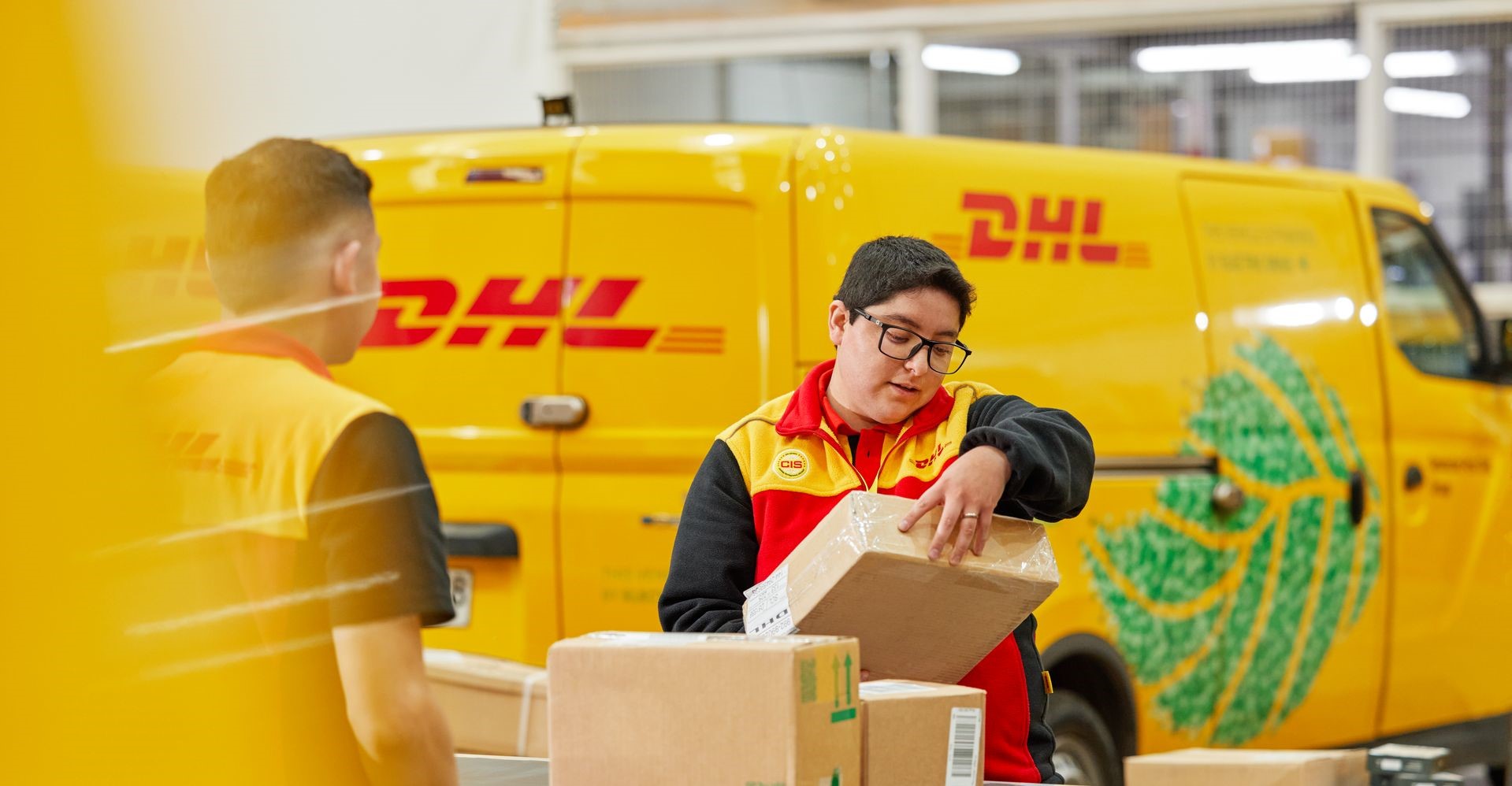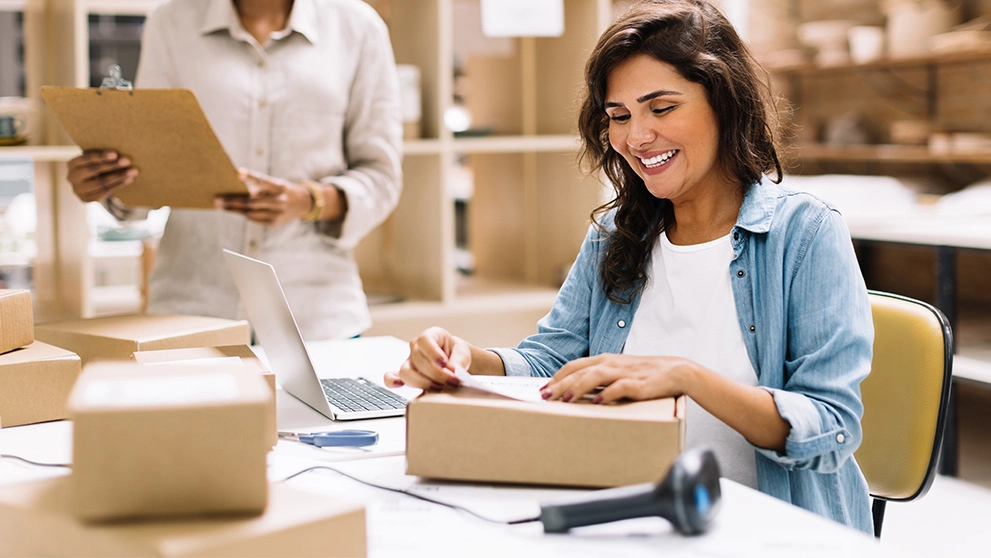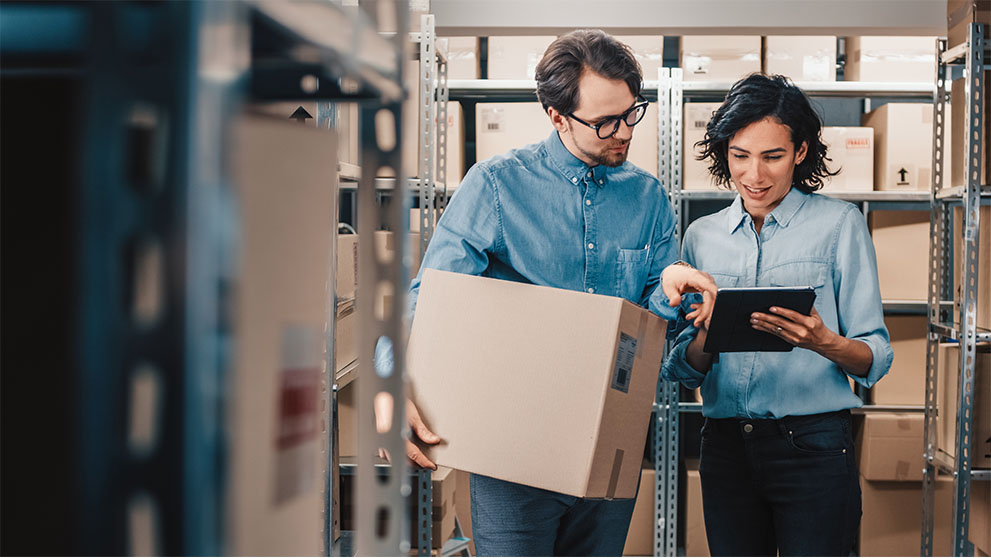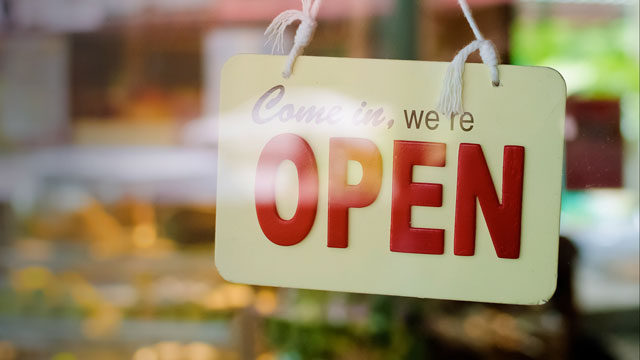Discover how a well-managed reverse logistics strategy can transform your e-commerce business by enhancing customer satisfaction, driving sustainability, and unlocking new revenue opportunities through efficient e-commerce returns management and product refurbishment.
In the fast-paced world of e-commerce, the focus often falls on the initial sale — driving traffic, optimising conversion rates, and maximising the value of each transaction. However, a critical component of the customer journey that is often overlooked is what happens after the purchase, particularly when it comes to returns and refurbishment. This is where reverse logistics plays a pivotal role.
What is reverse logistics? It is the process of moving goods from the consumer back to the seller or manufacturer, whether for returns, recycling, refurbishment, or disposal. For online businesses, a well-executed reverse logistics strategy is essential not only for managing online returns effectively but also for fostering customer satisfaction, promoting sustainability, and unlocking hidden value within the supply chain.
This article explores the importance of reverse logistics in the e-commerce sector and the key role e-commerce returns solutions play in building customer trust and contributing to a circular economy in supply chain practices.
Beyond the shopping cart: The critical role of reverse logistics
The exponential growth of e-commerce has revolutionised the retail landscape, bringing with it a significant increase in online returns. As more consumers opt for the convenience of online shopping, the number of products being returned has skyrocketed. According to Invesp, at least 30% of products ordered online are returned.
A well-managed reverse logistics management strategy can significantly improve the customer experience by offering hassle-free returns, reducing costs by streamlining the returns process, and promoting sustainability through the refurbishment and recycling of products. The value of reverse logistics lies in not only managing the physical return of products but also in determining the best way to extract value from these returned goods.
The impact of reverse logistics on customer experience in Australia
In today’s competitive e-commerce environment, a seamless ecommerce returns solution is quickly becoming a key differentiator. According to Invesp, 67% of shoppers check the returns page before making a purchase, and 92% of consumers will buy something again if returns are easy. Customers now expect easy, fast, and free returns as a standard part of their shopping experience.
Building trust and loyalty
Efficient reverse logistics builds customer trust and encourages repeat purchases. When customers know that returning a product is simple and straightforward, they are more likely to buy with confidence, knowing they can easily return an item if it doesn’t meet their expectations. This trust is crucial for building long-term customer loyalty, especially in a market where consumers have countless options at their fingertips.
Cost of returns
However, retailers may find e-commerce returns management to be a financial challenge. Returns can be costly, involving not just the logistics of shipping items back but also restocking, refurbishment, or disposal. An effective reverse logistics strategy can help minimise these losses by optimising the returns process either by reducing shipping costs or managing inventory more efficiently.
The impact of reverse logistics on sustainability
Reverse logistics is not only about improving customer satisfaction and reducing costs; it also plays a crucial role in promoting sustainability. As the concept of the circular economy in supply chain management gains traction, the importance of keeping products and materials in use for as long as possible becomes evident. Reverse logistics is central to this approach, enabling the return, refurbishment, and recycling of products to minimise waste and extend the lifecycle of goods.
Refurbishing vs disposal
A key element of a sustainable reverse logistics strategy is prioritising refurbishment over disposal. By choosing to refurbish returned products rather than discard them, businesses can significantly reduce waste, conserve resources, and lower the carbon footprint associated with manufacturing new items. Refurbishing and reselling products not only supports environmental sustainability but also attracts environmentally conscious consumers, creating a competitive edge in the market.
Economic benefits
In addition to environmental benefits, refurbished products provide substantial economic advantages for retailers and manufacturers. Through refurbishment, businesses can recapture value from returned goods, turning potential losses into profitable opportunities.
Optimising returns with a strong reverse logistics strategy
A well-executed reverse logistics strategy is crucial for managing e-commerce returns solutions efficiently and effectively. Here’s how to ensure your reverse logistics operations are robust and effective:
Clear return policies
Transparent and customer-friendly return policies are the foundation of a successful reverse logistics strategy. Transparency reduces friction in the returns management solution and encourages repeat purchases by ensuring customers feel secure in their buying decisions.
- Straightforward guidelines: Clearly outline the steps for returning an item, including how to initiate the return and what conditions must be met.
- Defined time frames: Specify how long customers have to return an item and any deadlines for requesting a refund or exchange.
- Detailed cost information: Inform customers of any potential costs associated with returning an item, such as restocking fees or shipping charges.
Partnering with reliable logistics providers
Selecting the right logistics partner is crucial for managing your online returns effectively. Here are key factors to consider when choosing a provider:
- Expertise in reverse logistics: Choose a provider with proven experience in handling returns efficiently, minimising delays and optimising the process.
- Cross-border capabilities: For international returns, ensure the provider can manage cross-border shipments smoothly, handling customs and regulatory requirements effectively.
- Comprehensive services: Look for a logistics partner that offers a full range of services tailored to e-commerce, including return handling, tracking, and customs clearance.
- Technology integration: A reliable provider should use advanced technology to streamline the returns process and integrate seamlessly with your existing systems for better visibility.
- Strong customer support: Opt for a partner that provides excellent customer service and flexibility to adapt to your specific needs, ensuring a smooth returns experience.
Moving forward with reverse logistics

The importance of reverse logistics for e-commerce businesses cannot be overstated. It is essential for enhancing customer satisfaction, promoting sustainability, and improving profitability. As online shopping continues to grow, so does the need for efficient e-commerce returns management processes.
Looking ahead, the future of reverse logistics will likely be shaped by emerging technologies such as artificial intelligence (AI) and robotics. These technologies can optimise reverse logistics in supply chain management by automating routine tasks, improving accuracy, and reducing costs. AI, for example, can predict return patterns, optimise routing for returns, and even determine the best way to refurbish or recycle returned products.
For businesses looking to thrive in the e-commerce landscape, prioritising reverse logistics is crucial. DHL Express Australia stands ready to support your e-commerce operations with comprehensive solutions and unmatched global logistics expertise. Open a business account with us today to learn more about how we can help you unlock the full potential of reverse logistics for your business.














































